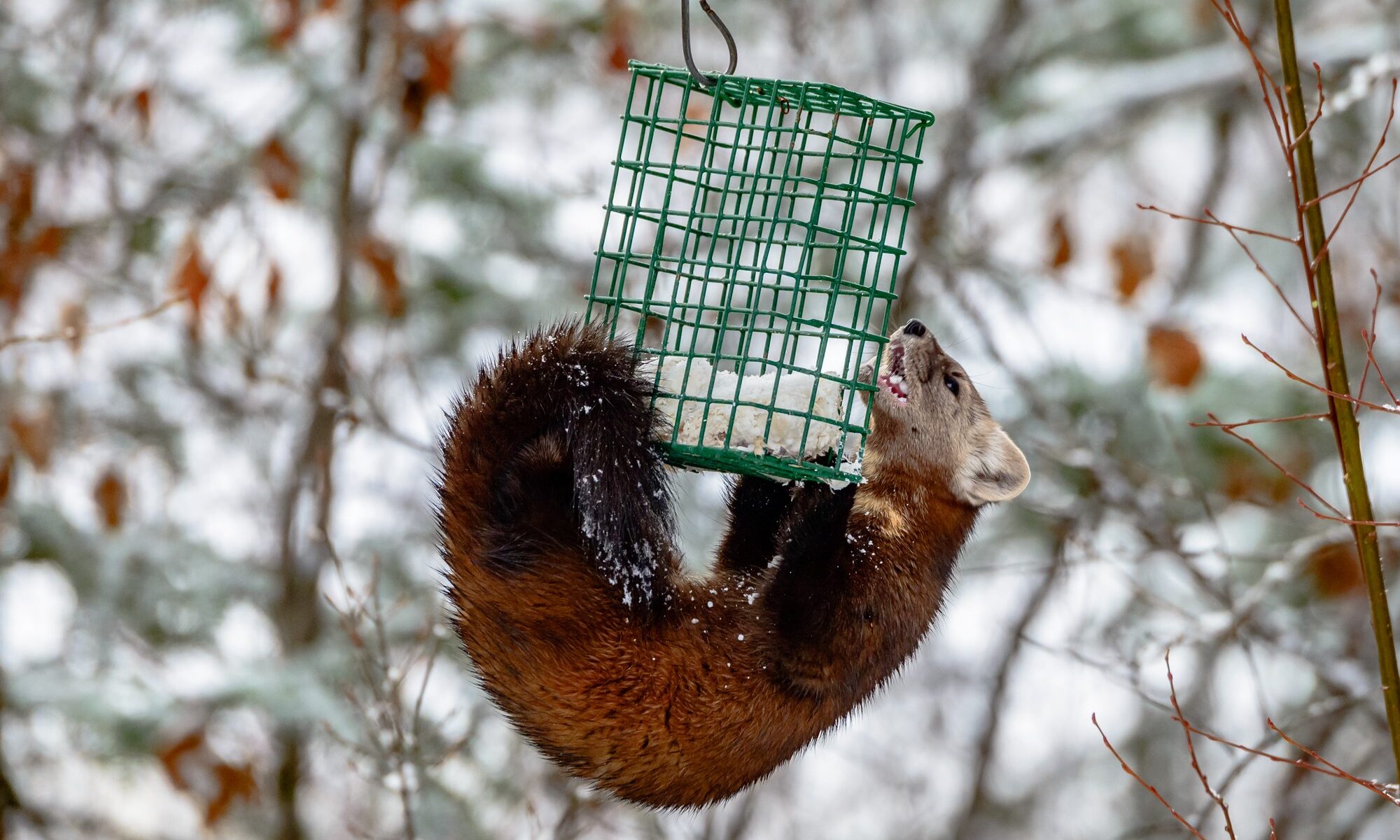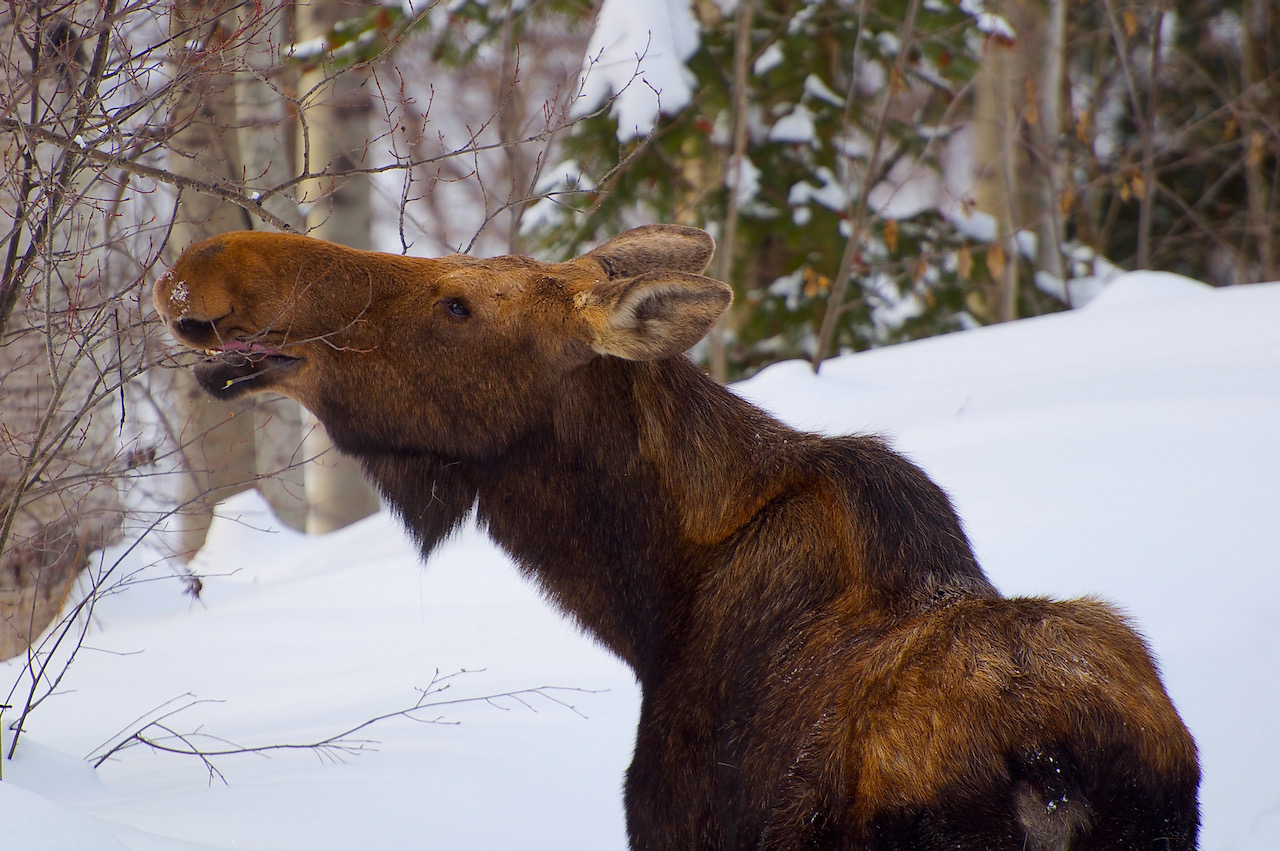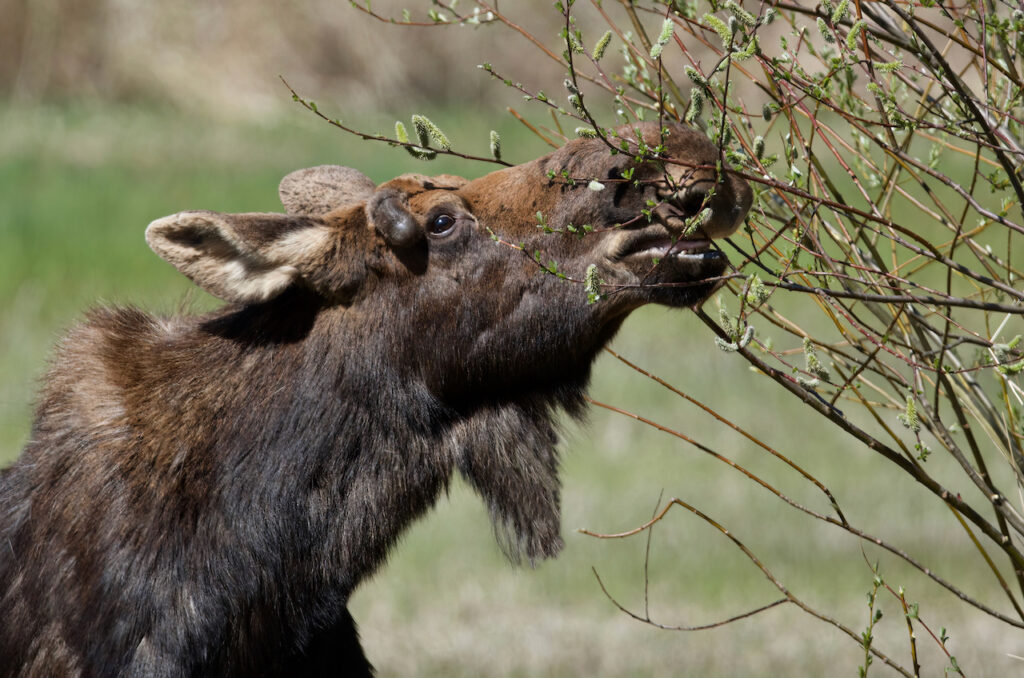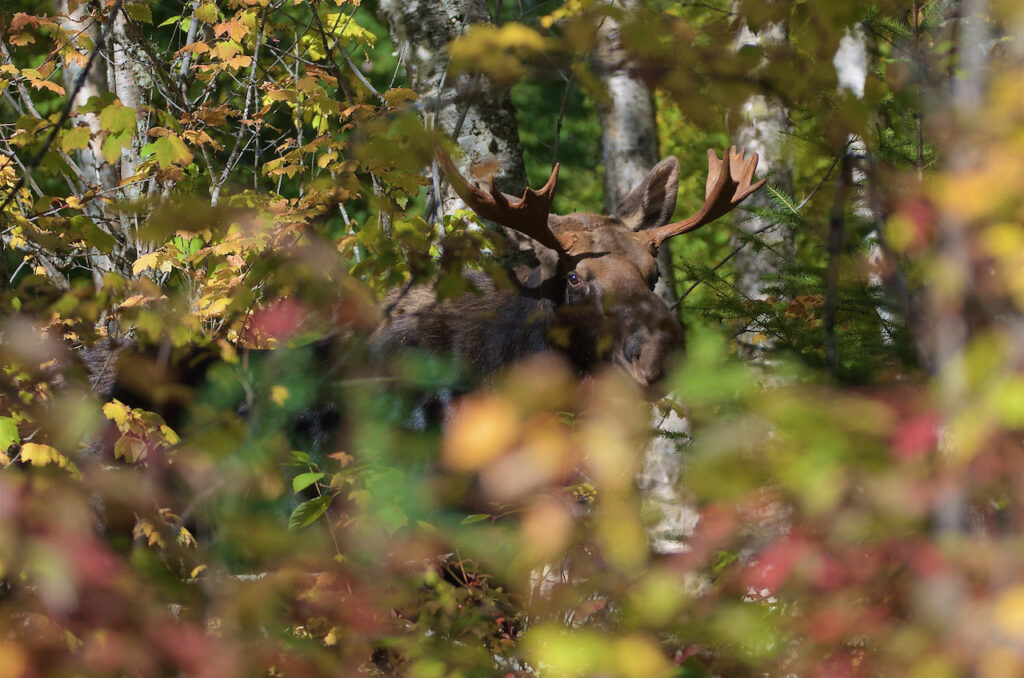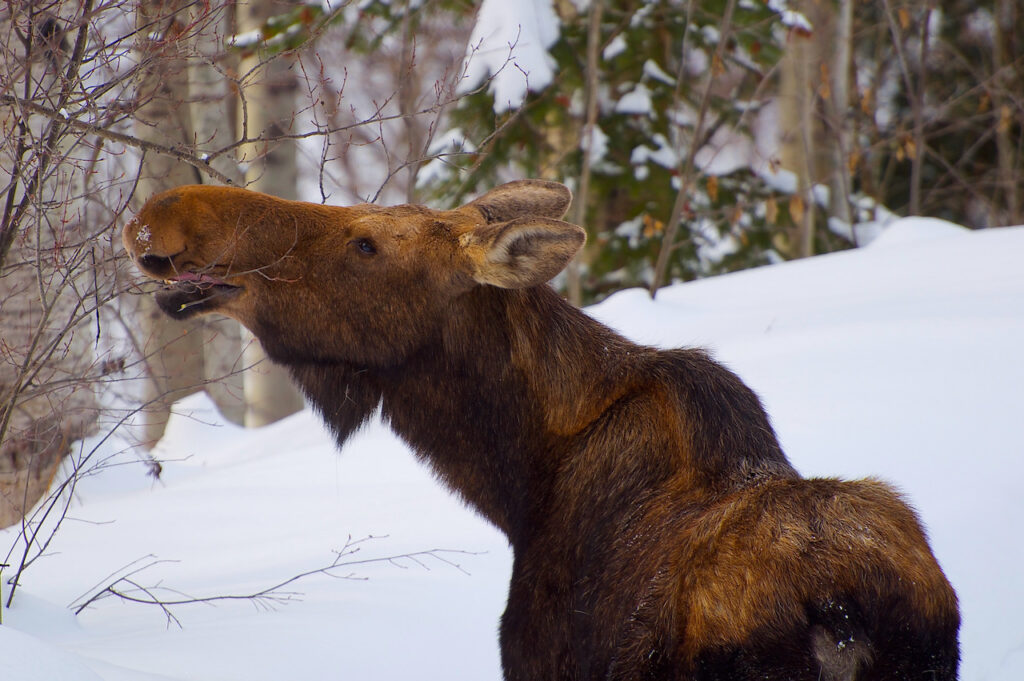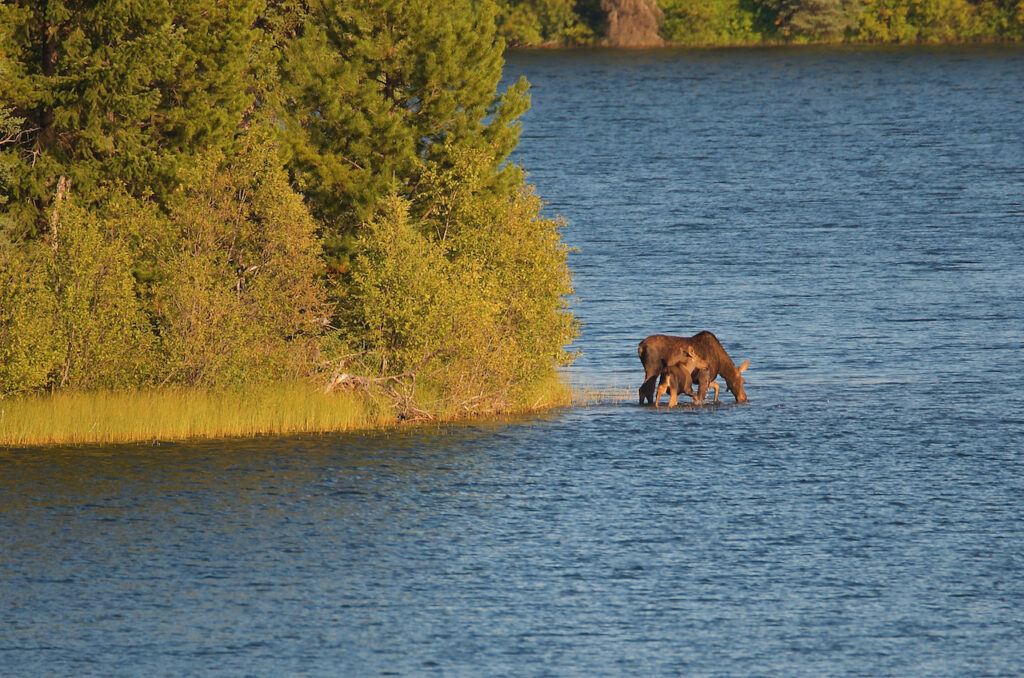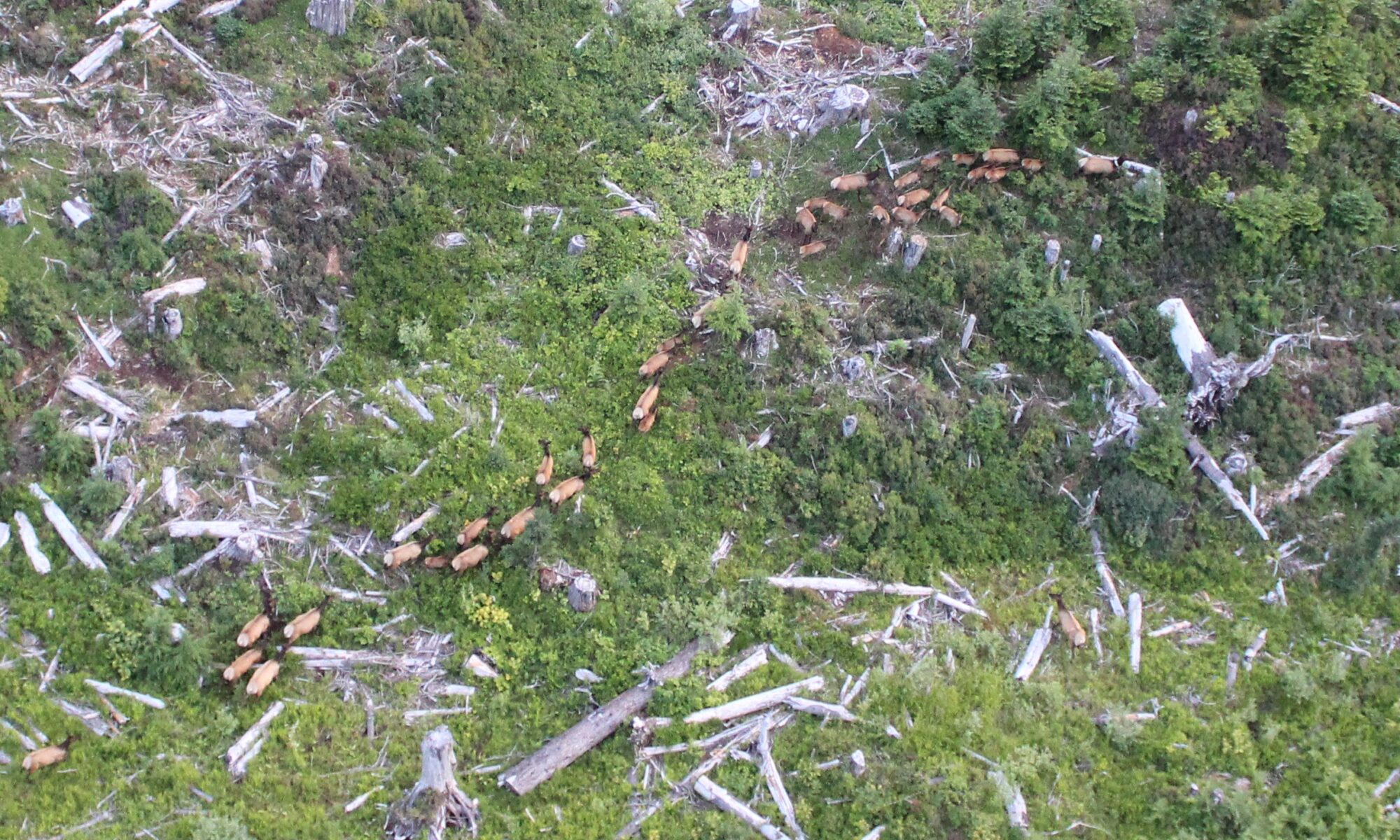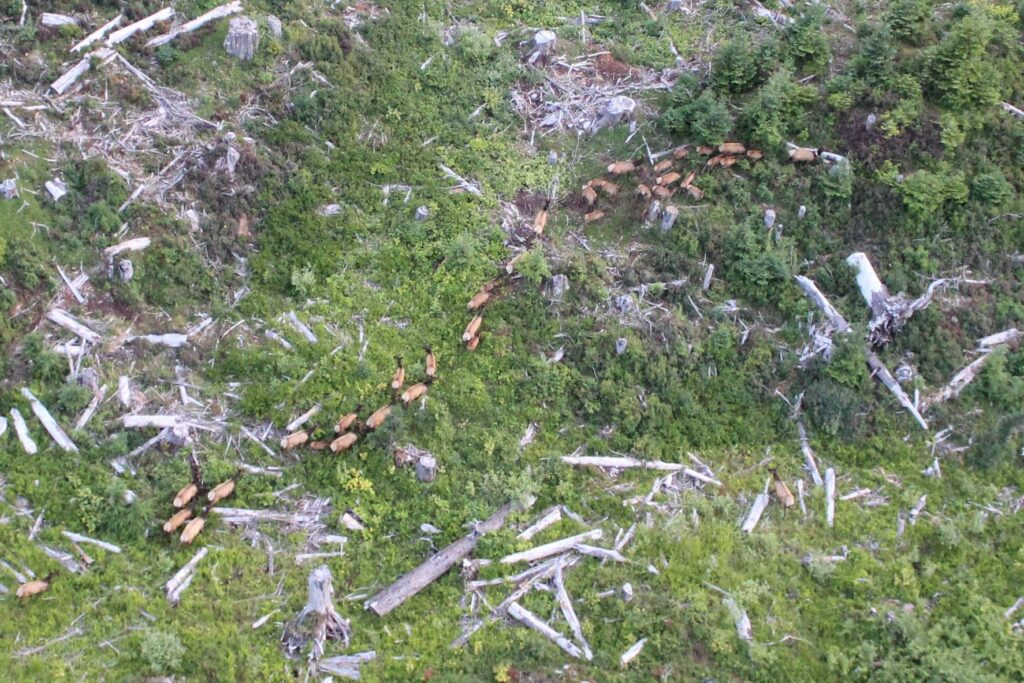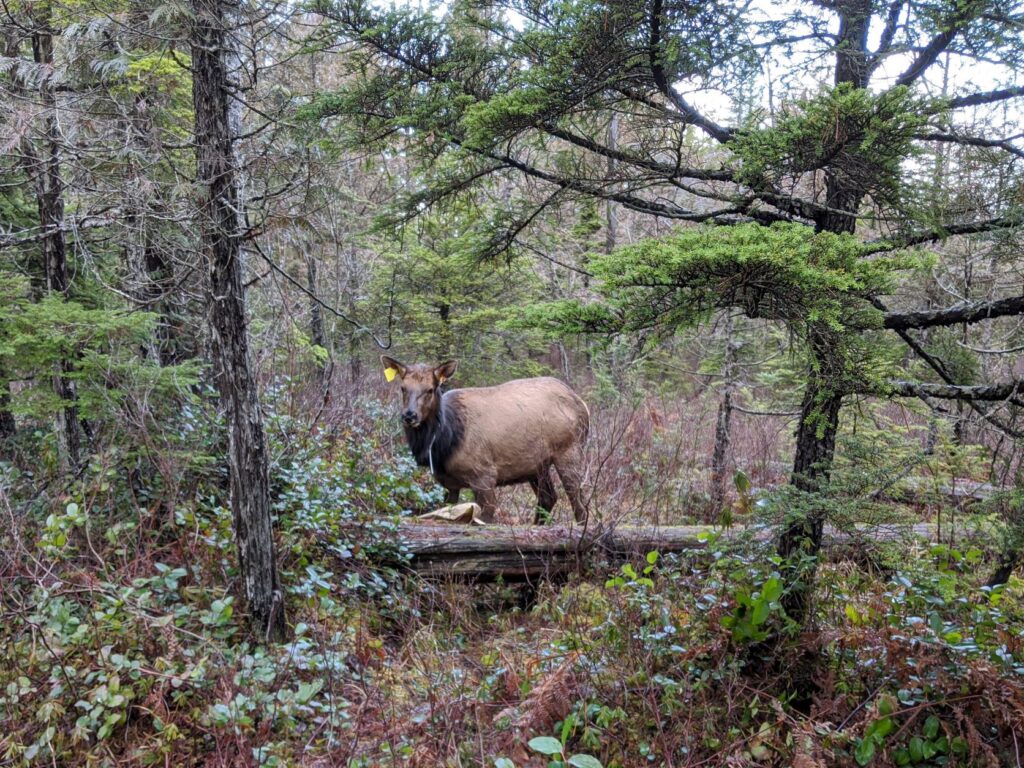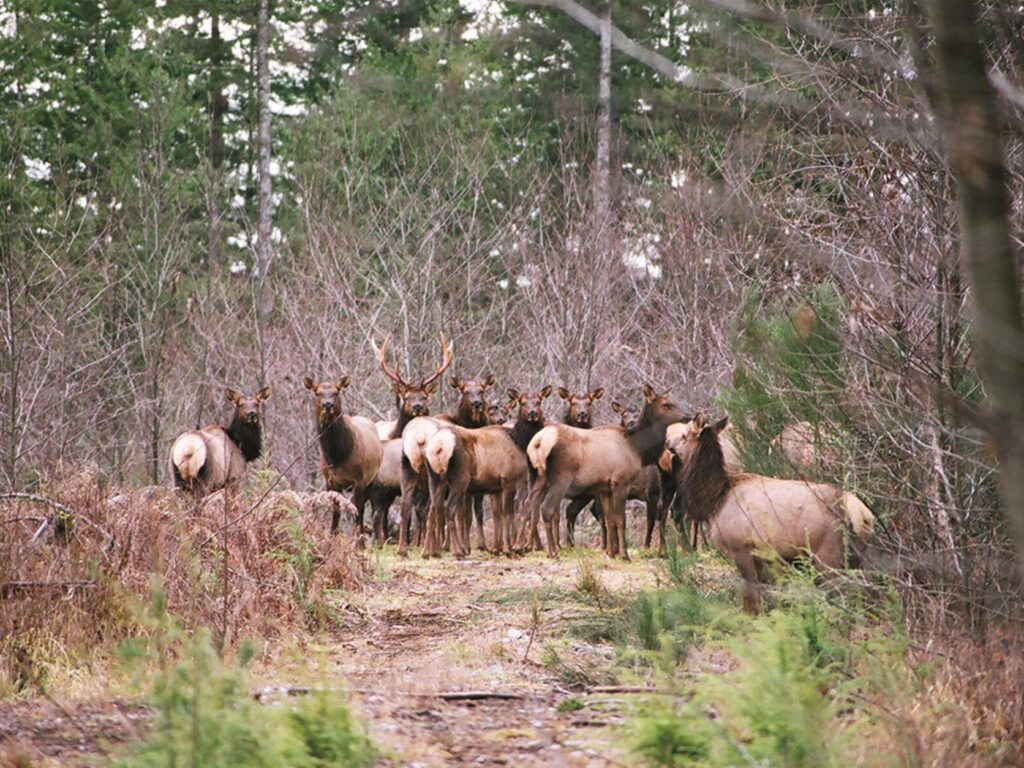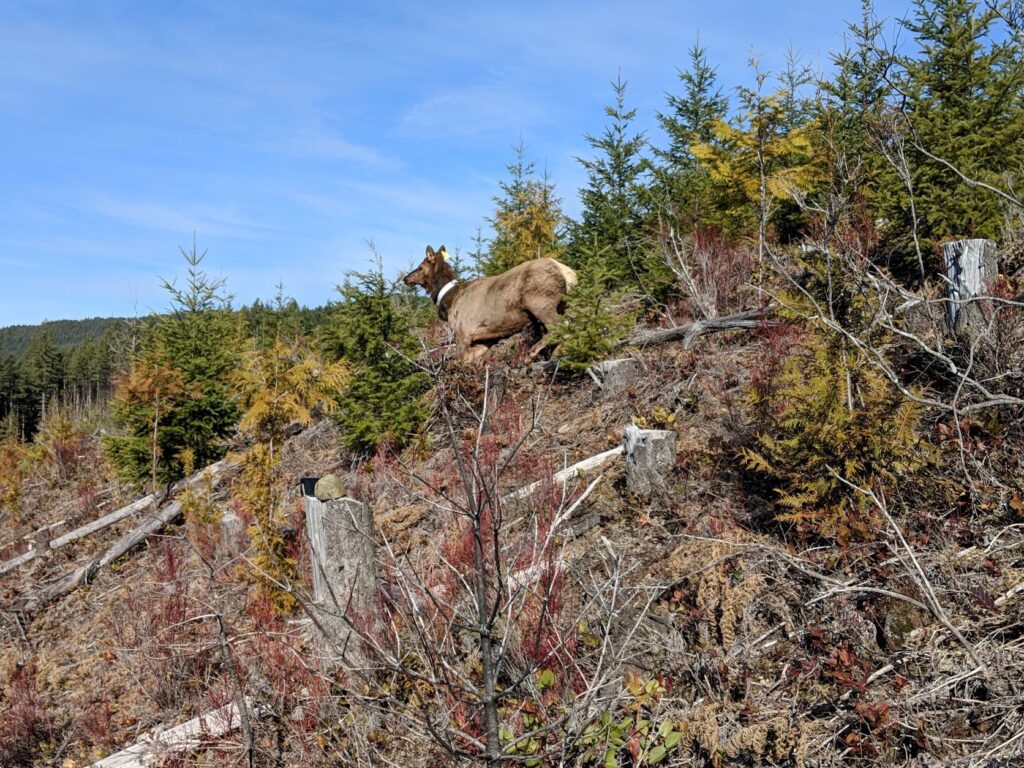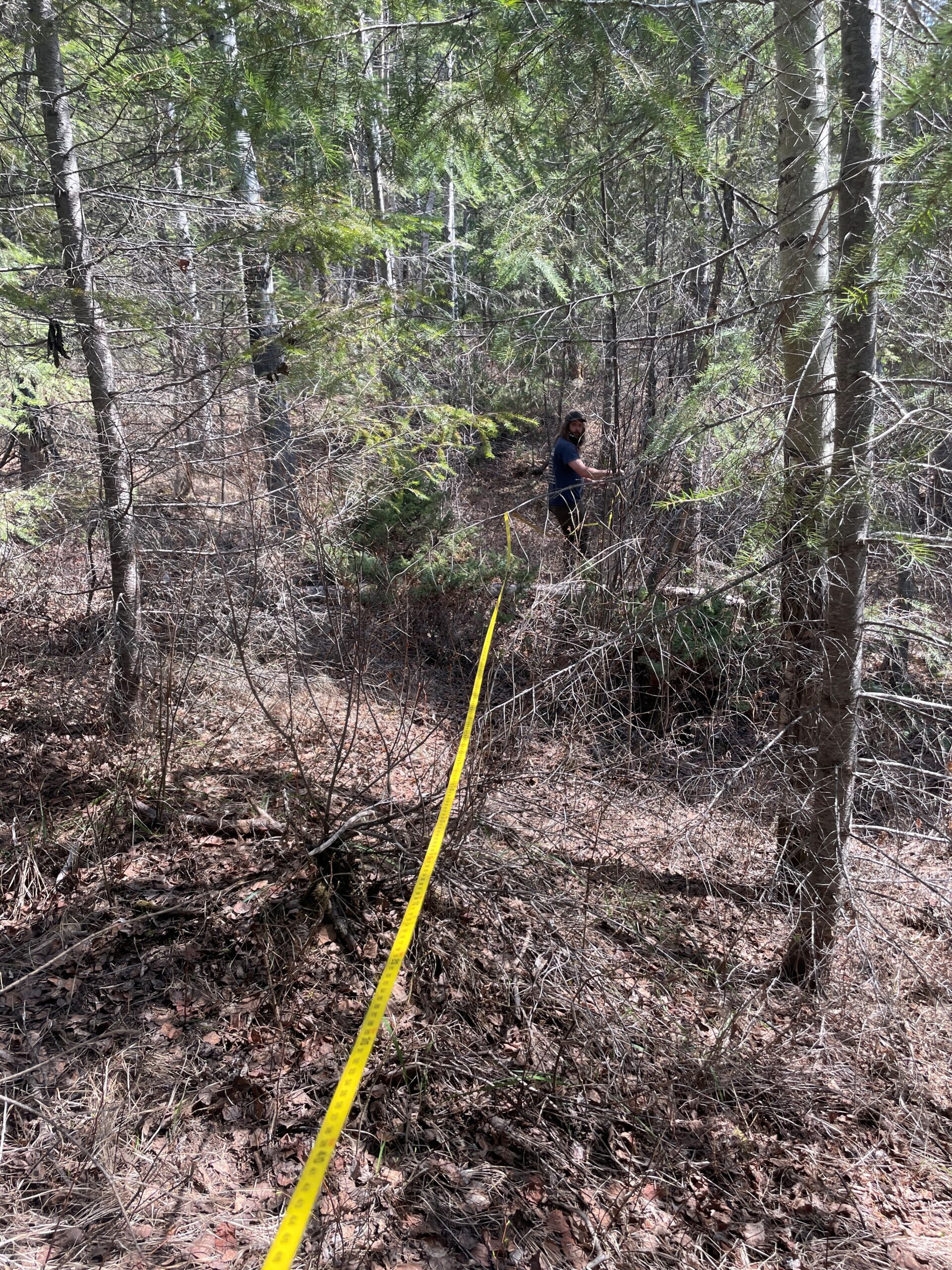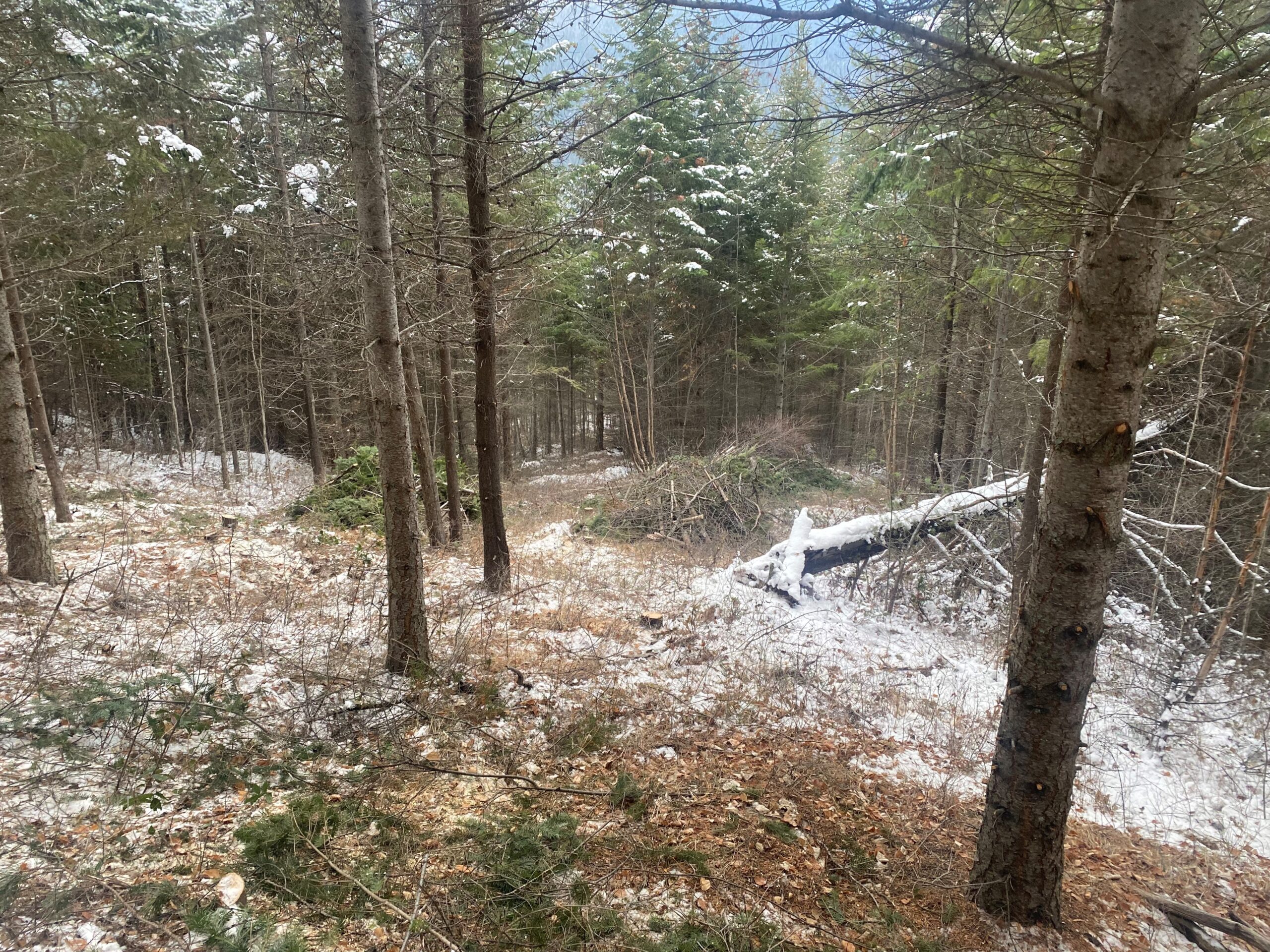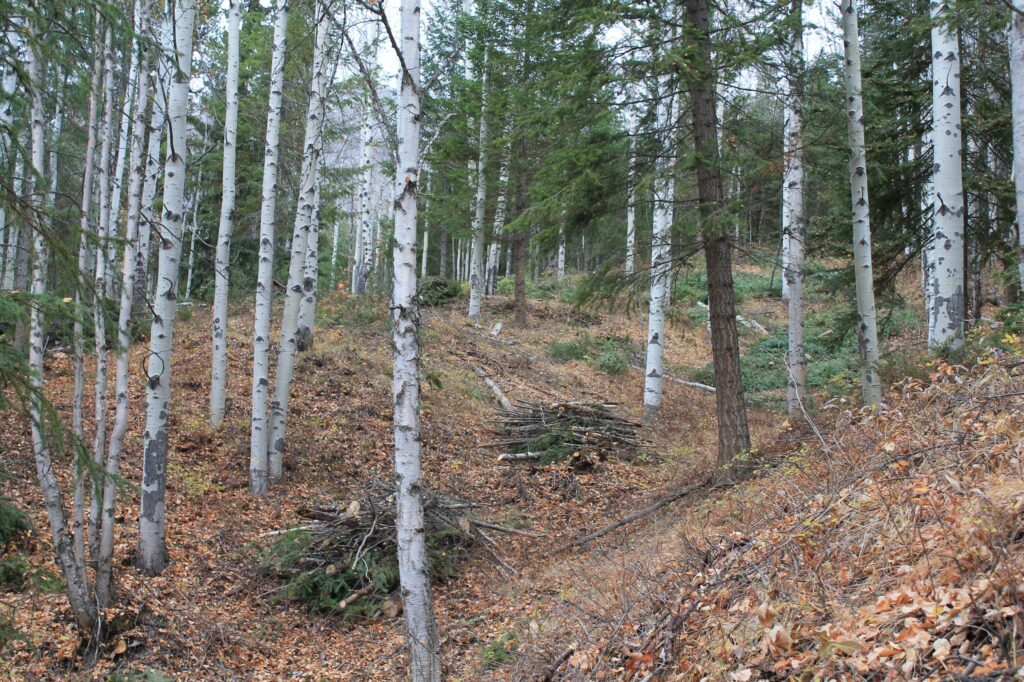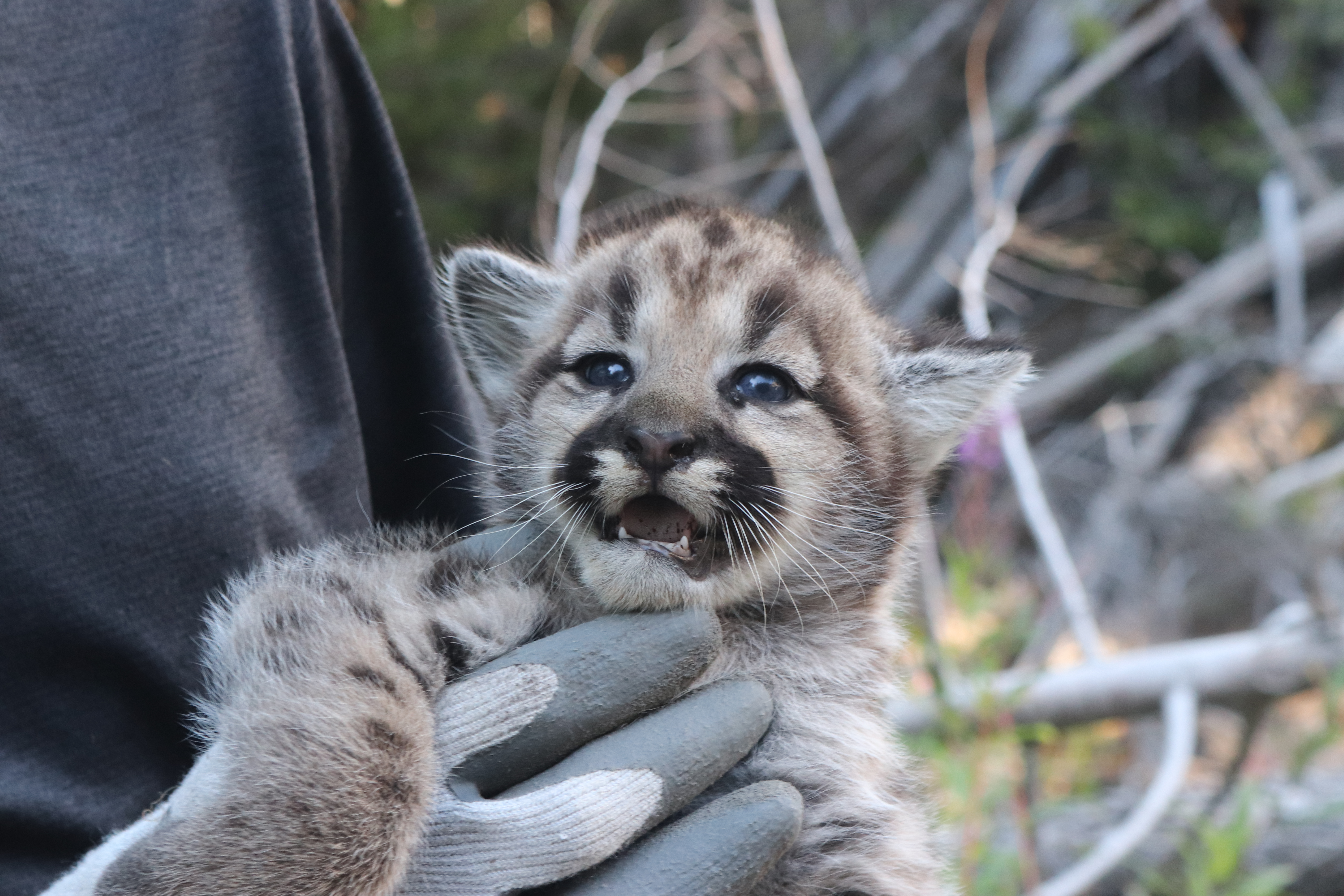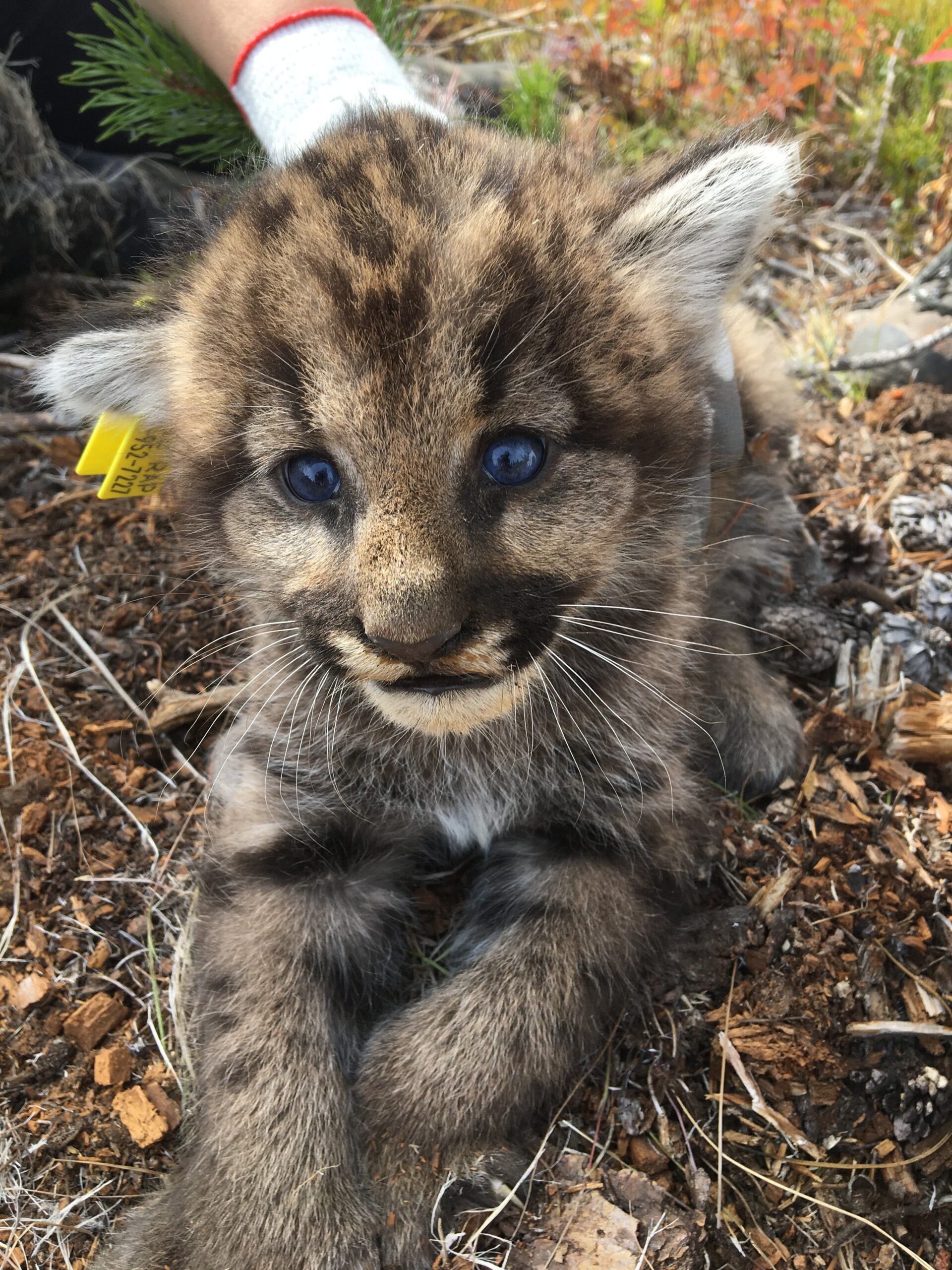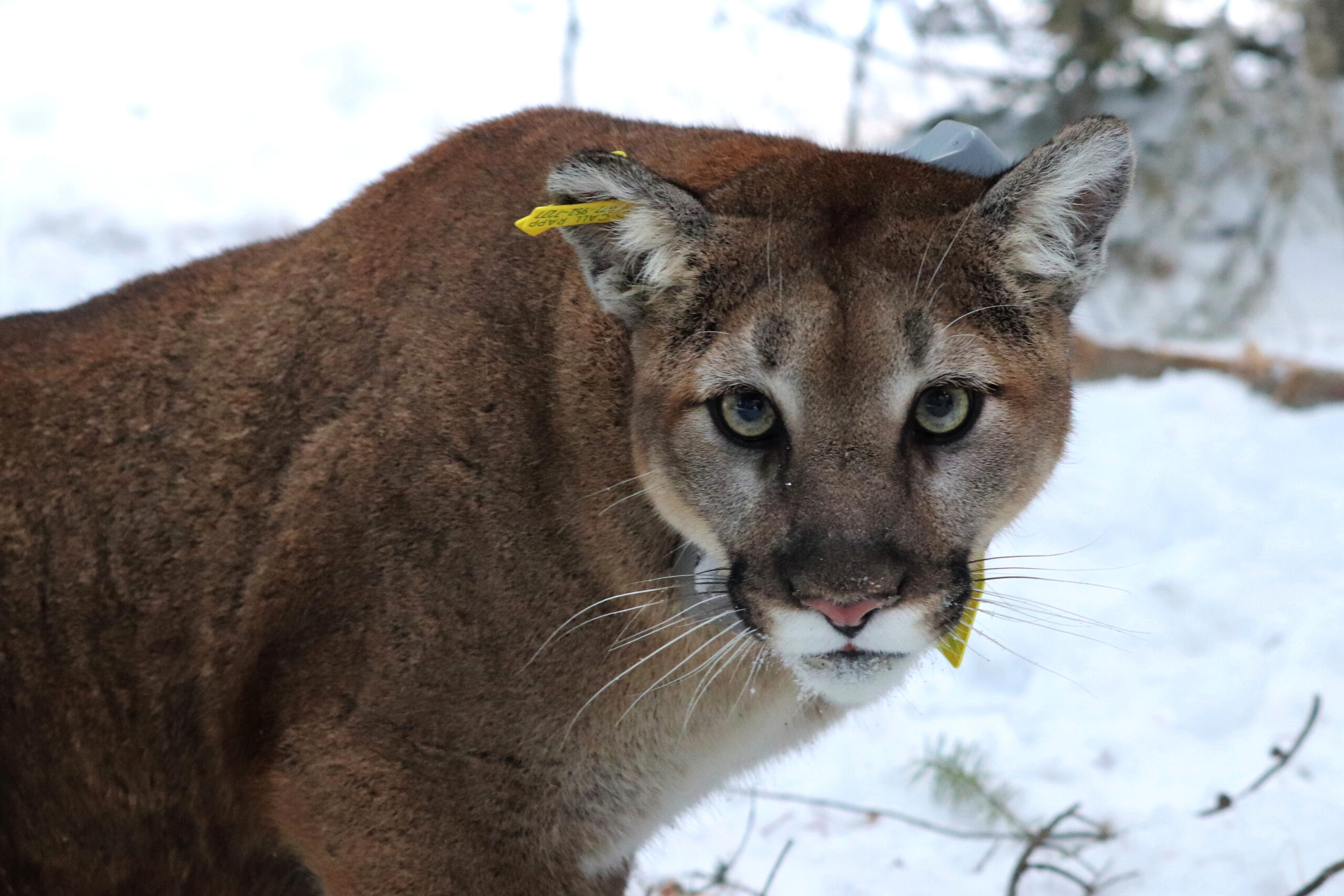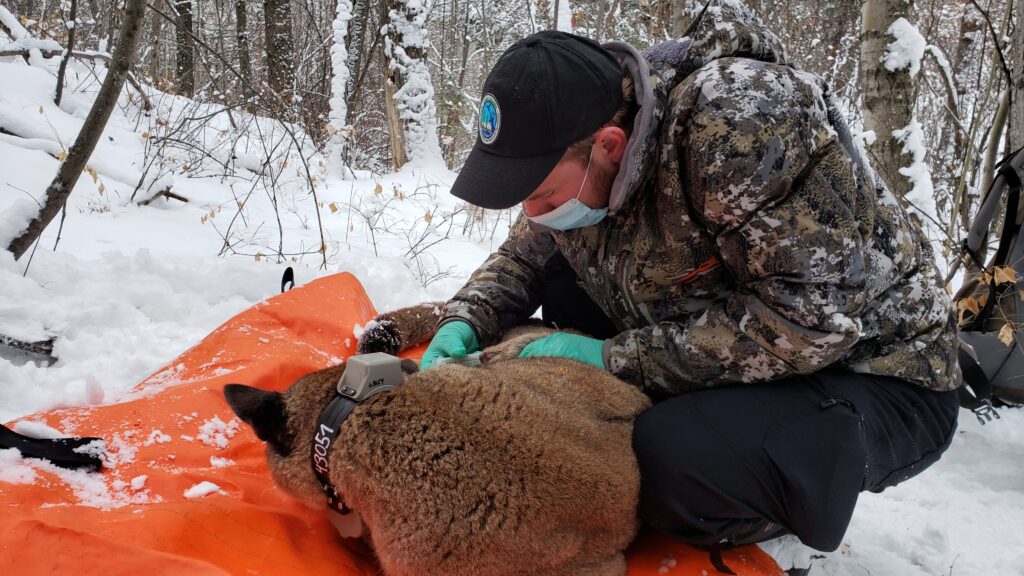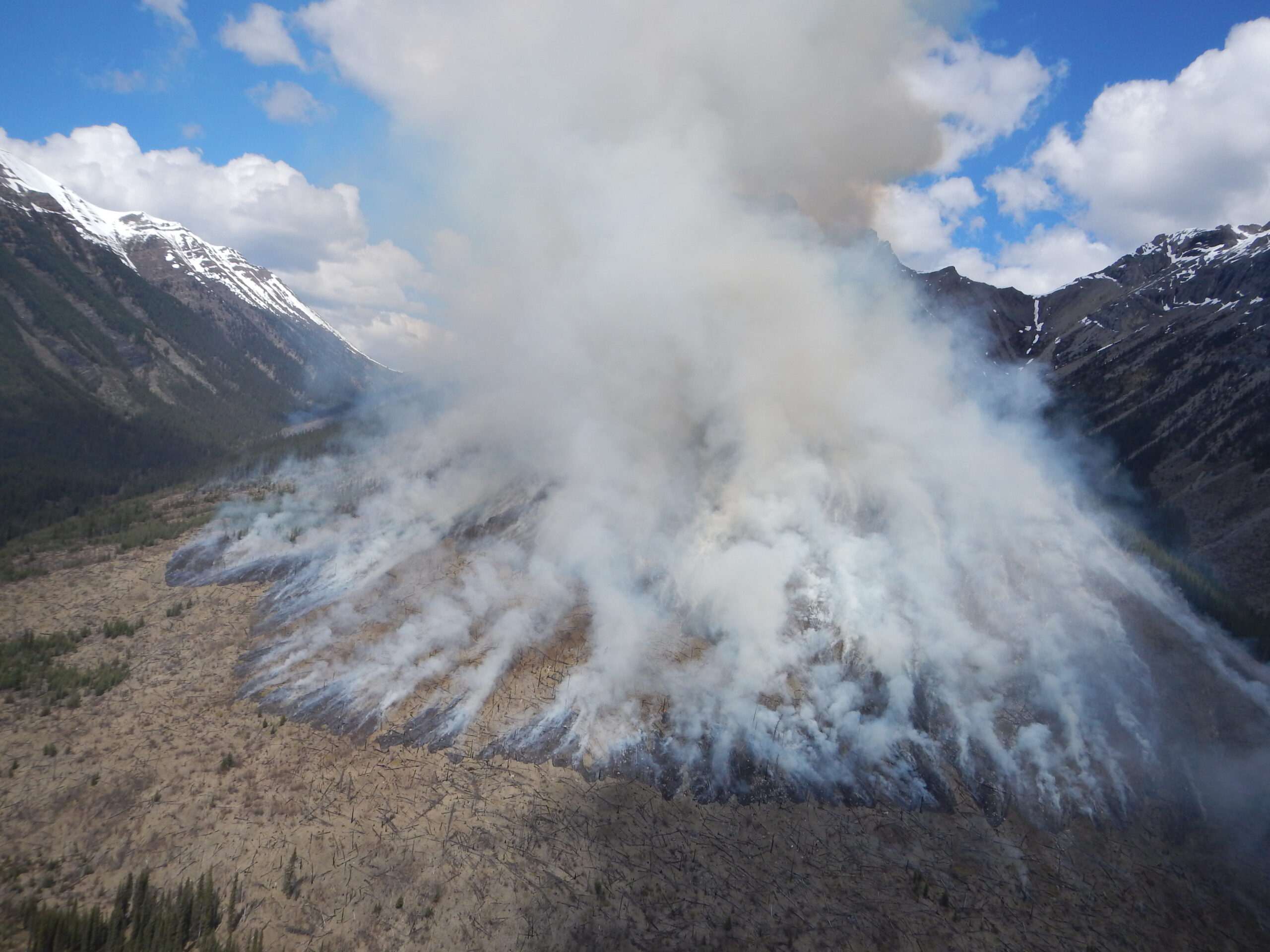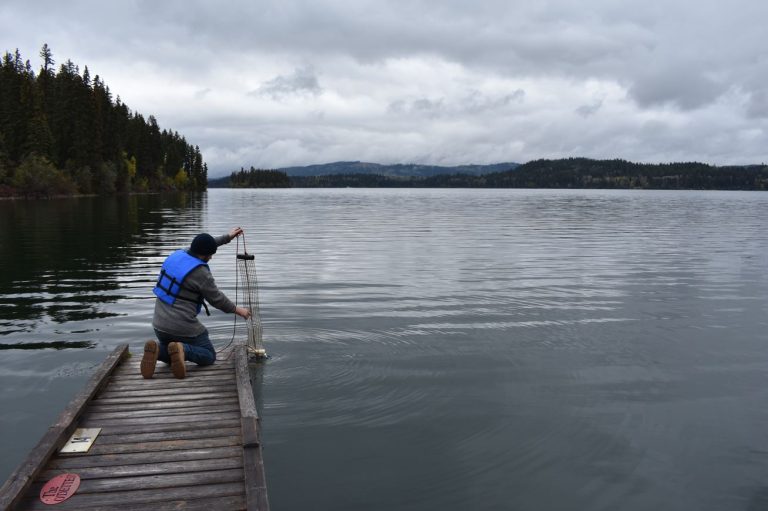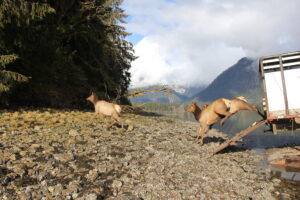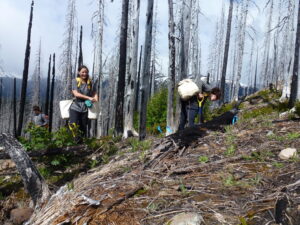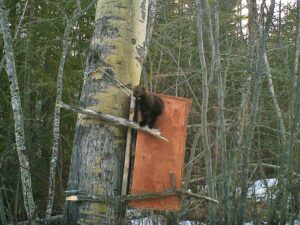Kamloops, B.C. – The Forest Enhancement Society of BC (FESBC) is pleased to have its executive director, Steve Kozuki be a featured speaker at the Keeping it Rural conference. Hosted at the Four Points by Sheraton in Kelowna from May 21-23, this year’s conference will explore the theme “Sowing Seeds of Success: Cultivating Rural Economies.”
Kozuki has been involved with forestry in British Columbia since 1984 with roles such as Timber Valuation Coordinator for Weldwood, General Manager of Forestry at the Council of Forest Industries, and key positions within BC Timber Sales and Timber Pricing Branch and has led FESBC since 2017. This year, at the conference, Kozuki will share insights as a panellist on the Emergency Preparedness panel.

“Forestry has been an unsung hero, often overlooked in its extensive capabilities to address environmental, economic, and social challenges, including challenges faced by rural communities,” Kozuki shared. “When it comes to wildfires, we work closely with partners like the BC Wildfire Service, Fire Chiefs, FireSmart BC and local communities and First Nations to help bolster community defences against the ever-growing threat of wildfire through thoughtful planning and collaboration. While a focus of our funded projects may be on wildfire risk reduction, our projects yield significant secondary benefits which include creating jobs, enhancing wildlife habitats, reducing greenhouse gases and creating recreational trails—all of which naturally contribute to strengthen local economies. I’m excited to share how integral forestry is to both rural sustainability and emergency preparedness on this year’s panel.”
The Keeping it Rural conference started first in 2015, is an essential gathering for economic development professionals and community leaders dedicated to encouraging sustainable development in rural communities. This year’s sessions will cover a range of topics including sustainable agriculture, renewable energy, and innovative environmental conservation methods tailored for rural applications.
Sarah Sinclair, executive director of BC Rural Centre, explained what prompted them to approach Kozuki, and said, “FESBC was brought to our attention through board members in the Peace region of the province. After some brief research, it was clear to us that having Steve speak to our audience on the importance of forest enhancement and share FESBC’s success stories would bring great value. Our organization was founded as the Southern Interior Beetle Action Coalition (SIBAC), so any collaboration with organizations that are in the forestry sector, be it community forests, those who work in wildfire risk mitigation, or Indigenous forest stewardship, is a natural fit.”
This year’s conference will explore various critical topics, including an introduction to the BC Rural Centre Society, innovation in rural areas, advances in agricultural practices promoting food sovereignty, and essential discussions on water stewardship concerning riverscapes and watershed health.
“The conference is two half days and a full day with keynotes from Chief Clarence Louie of the Osoyoos Indian Band and Doug Griffiths author of ‘13 Ways to Kill your Community’ and more,” said Sinclair. “With panels on rural innovation, rural agriculture, water stewardship, and more there is something for everyone. The conference is geared for rural, remote, and First Nation communities, regional districts, non-profits, and other key stakeholders. But the content really lends itself to anyone who has a passion for living rurally and keeping it rural in BC.”
People can sign up for the conference at https://ticketstripe.com/keeping-it-rural-2024.
“It is a great opportunity for anyone interested in rural challenges, to hear rural success stories and share space with some amazing people,” concluded Sinclair.
FESBC would like to gratefully acknowledge the financial support of the Province of British Columbia through the Ministry of Forests.


